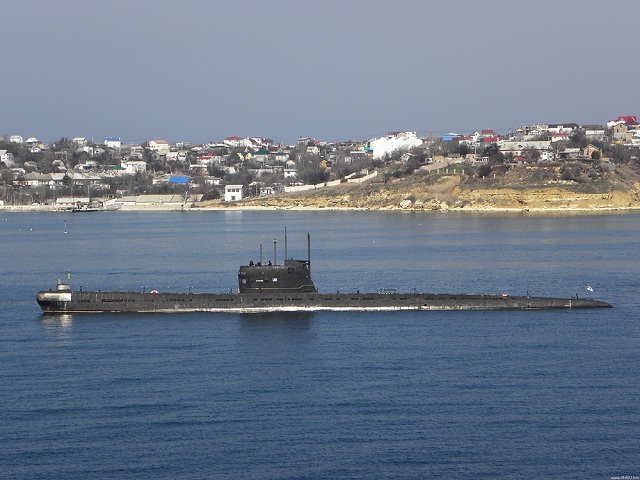“I want to say one word to you. Just one word.” Antibiotics.
We aren’t single individuals, but colonies of trillions. Our bodies, and our guts in particular, are home to vast swarms of bacteria and other microbes. This “microbiota” helps us to harvest energy from our food by breaking down the complex molecules that our own cells cannot cope with. They build vitamins that we cannot manufacture. They ‘talk to’ our immune system to ensure that it develops correctly, and they prevent invasions from other more harmful microbes. They’re our partners in life.
What happens when we kill them?
Farmers have been doing that experiment in animals for more than 50 years. By feeding low doses of antibiotics to healthy farm animals, they’ve found that they could fatten up their livestock by as much as 15 percent. You can put the antibiotics in their feed or in their water. You can give the drugs to cows, sheep, pigs or chickens. You can try penicillins, or tetracyclines, or many other classes of antibiotics. The effect is the same: more weight.
It seems reasonable to assume that this effect is also true for humans. And we dose ourselves with antibiotics far more than we should (often for things that do not respond to antibiotics at all … a twist on the placebo effect). In addition, many of the animals we raise for meat are regularly dosed with antibiotics.
For now, two things are clear. First, antibiotics have done a huge amount of good in treating bacterial infections and if we’re even talking about reducing their use, it’s because we have the luxury of health that they have provided. Second, they are clearly overused: prescribed for illnesses that they have no power over, and used to fatten livestock that aren’t sick. Currently, on average, every American child gets a course of antibiotics ever year.
The overuse of antibiotics has fuelled the rise of antibiotic-resistant bacteria, but their impact on our beneficial bacteria could be equally detrimental. Blaser has been vociferously banging on this drum for years. As he wrote in a comment piece for Nature, “Antibiotics kill the bacteria we do want, as well as those we don’t… Overuse of antibiotics could be fuelling the dramatic increase in conditions such as obesity, type 1 diabetes, inflammatory bowel disease, allergies and asthma… We must make use of the available technology to protect and study our bacterial benefactors before it is too late.”






